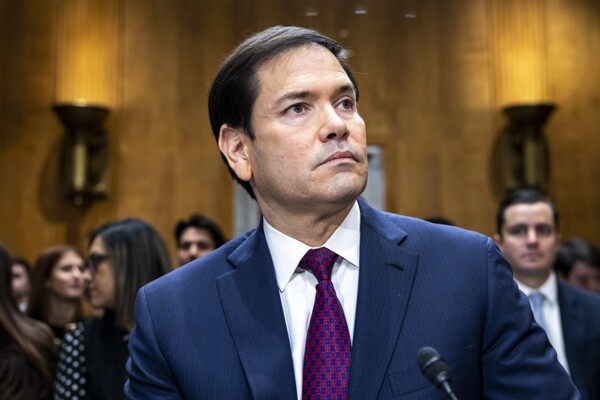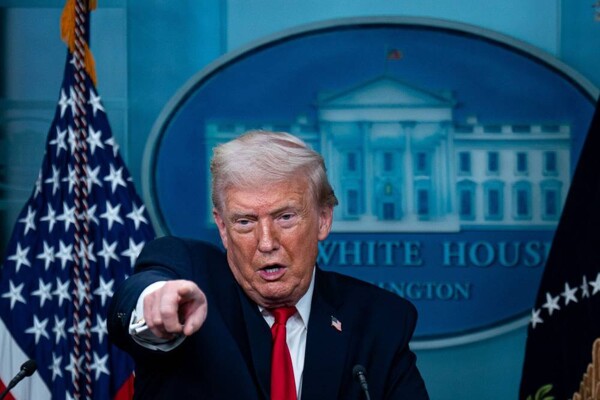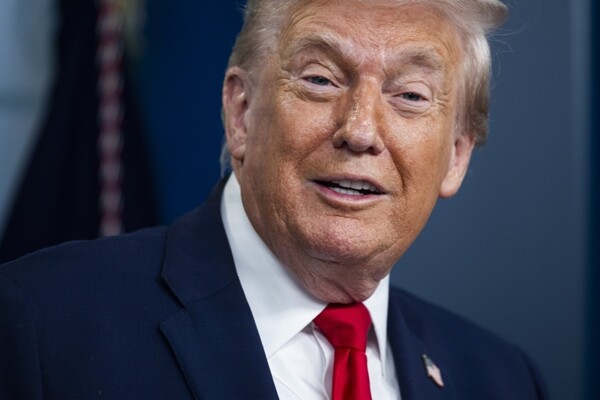Democratic Senator Elissa Slotkin stated during her reply to the President of the United States, Donald Trump, that if he had held the office during the Cold War, the American side would have come out losing. Slotkin, referring to the era of Ronald Reagan, highlighted that Trump does not share the belief in the exceptionalism of the nation or its role in global leadership.
In her address to a joint session of Congress, the senator primarily addressed foreign policy and the trade war that Trump has unleashed with Mexico, Canada, and China. Slotkin emphasized the importance of maintaining international friendships for national security and criticized the president's attitude towards dictators such as Vladimir Putin, whom he would prefer to approach instead of strengthening the relationship with traditional allies.
Slotkin, with experience in the CIA and backgrounds in the cabinets of George Bush and Barack Obama, questioned Trump's decisions in the commercial sphere, pointing out negative consequences such as increases in drug and prescription prices due to unsustainable economic policies. The senator underscored that the president's actions benefit his billionaire friends at the expense of the American people.
Slotkin's criticisms add to the growing concerns and disagreements within Capitol Hill regarding the foreign and economic policy of the Trump administration. The senator concluded her speech making clear her disagreement with the strategies pursued by the president, presenting a contrast between visions of leadership and international relations that, from her perspective, would make a significant difference in historical situations like the Cold War.
Slotkin's analysis of Trump's presidency, focused on the lack of commitment to traditional allies and detrimental trade decisions for the population, reflects deep political tensions and ideological differences on the national and international stage.














